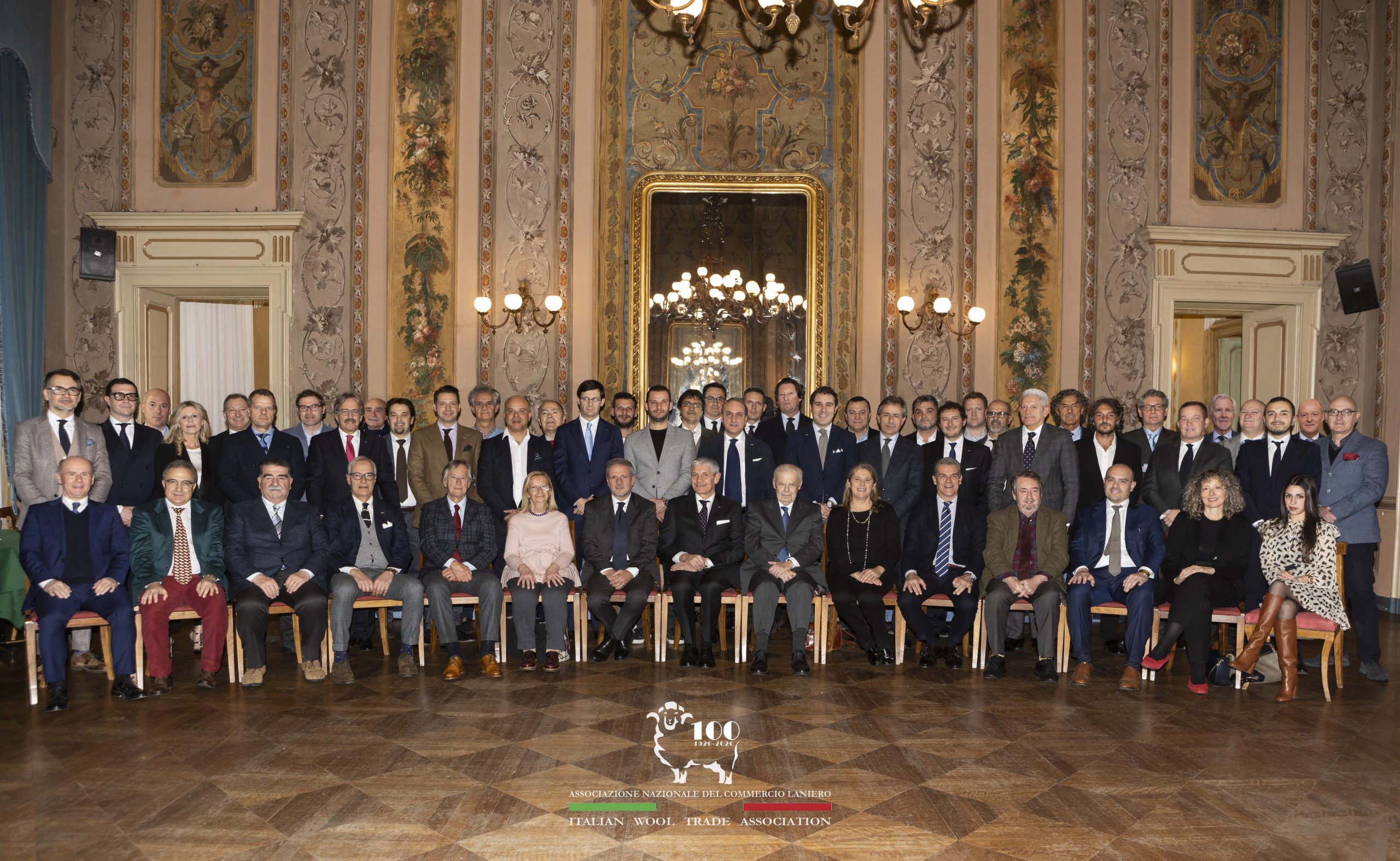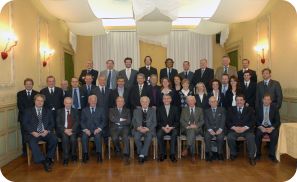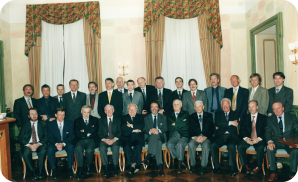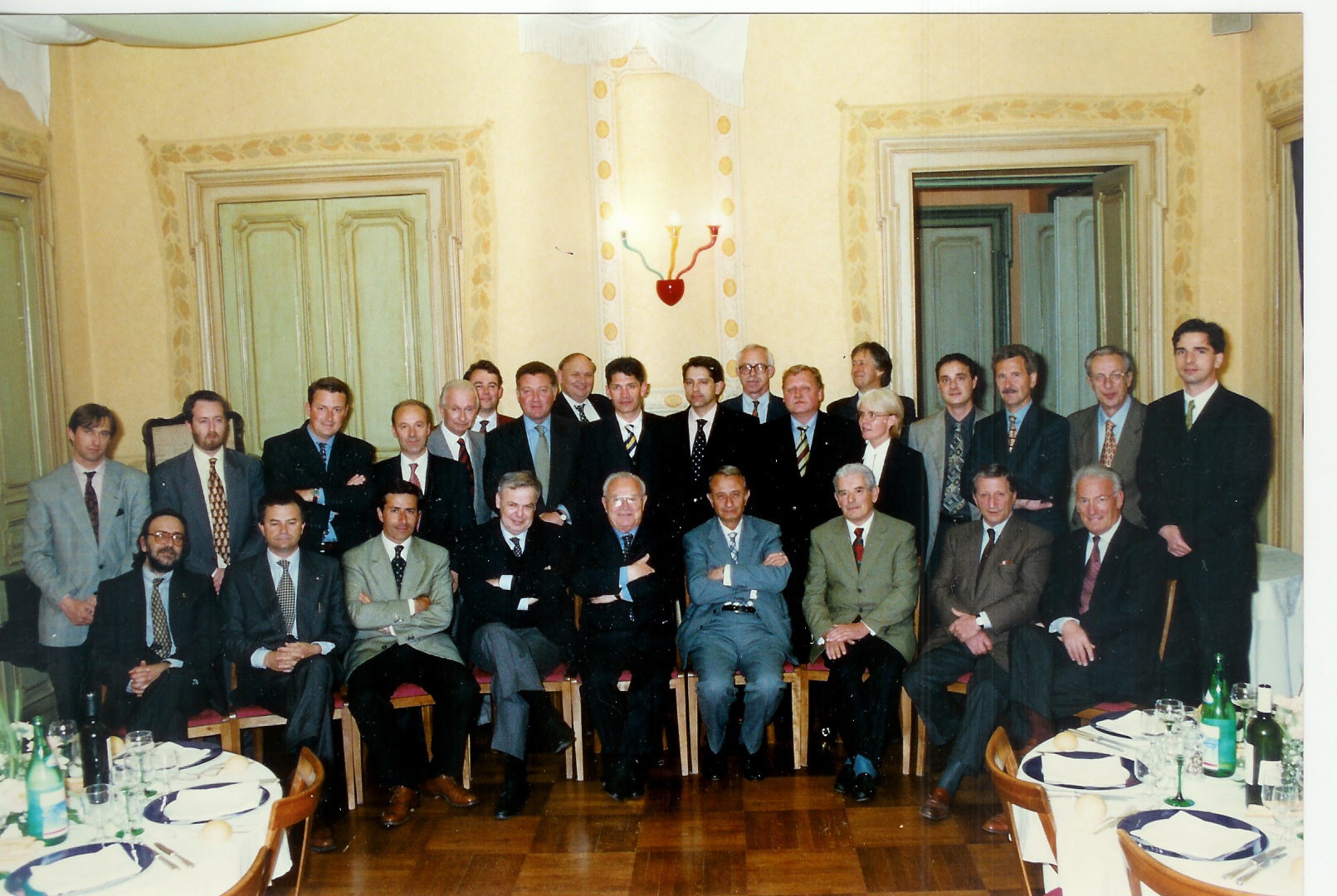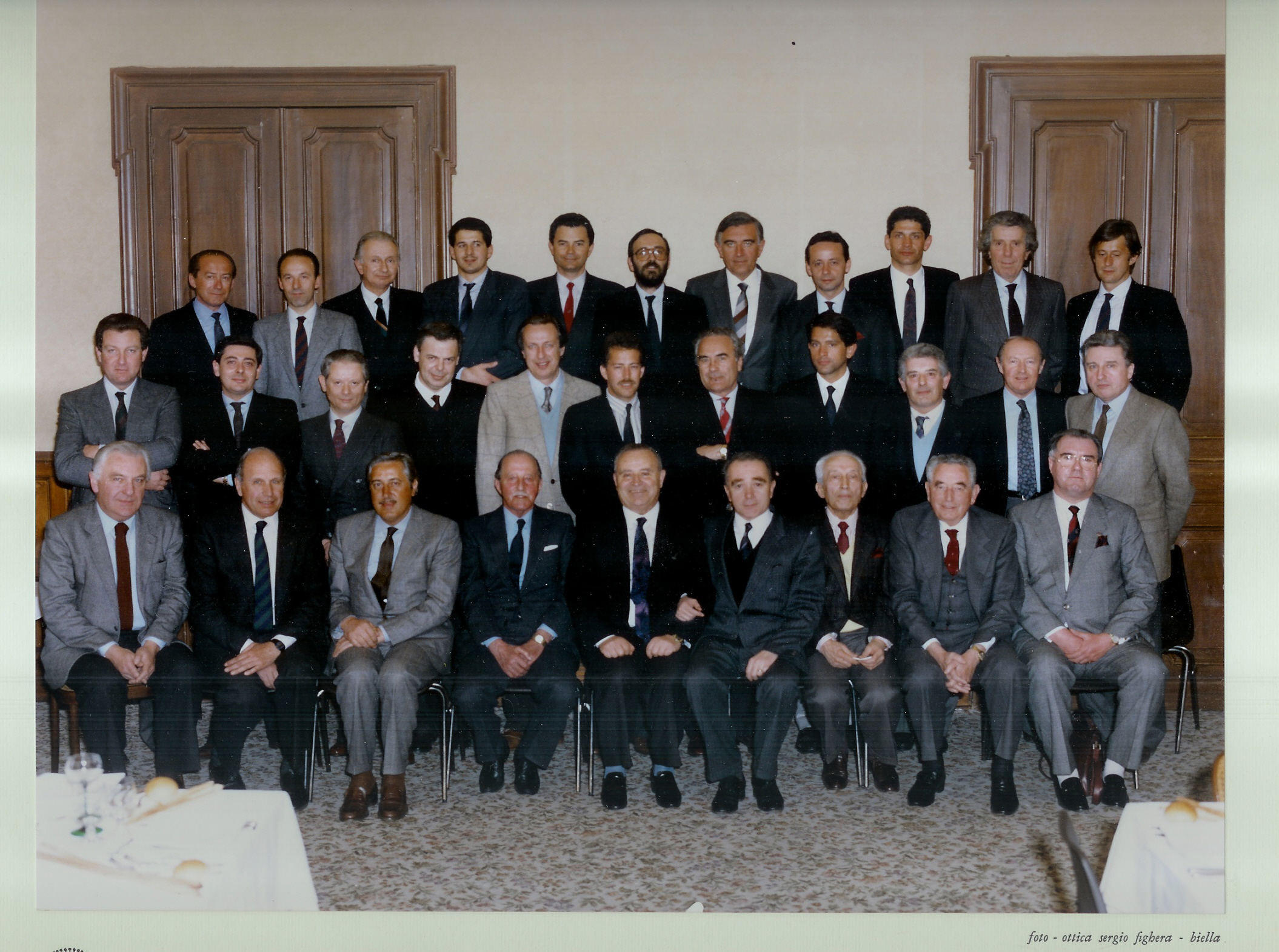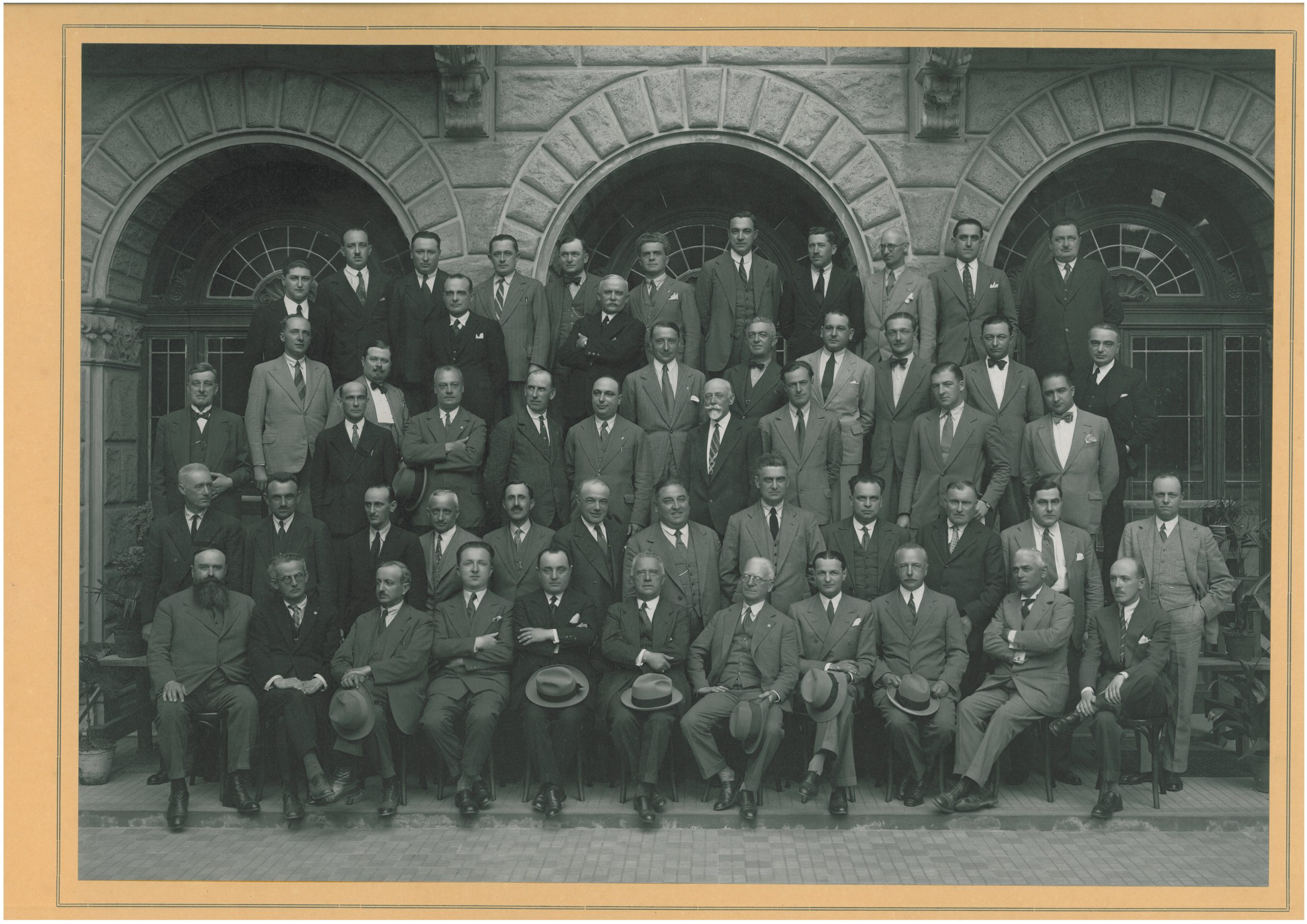About

Who We Are
The National Association of Wool Trade has its origins in the 20th century, with a crucial turning point in 1920 under the leadership of Silvio Reda. Founded to address local issues, it soon expanded into the international wool market, experiencing steady growth under secretaries like Giuseppe Pella. Despite crises and transformations, it has supported both the national and international wool sectors, participating in significant events such as the Melbourne Conference in 1974.
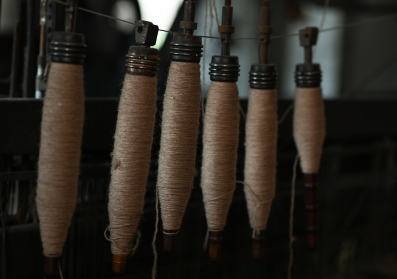
VICE PRESIDENT - Guido DE LUCA
VICE PRESIDENT - Sauro GUERRI
COUNCILORS - Alberto BATTIA - Davide FONTANETO - Matteo FARINONI - Michele VENCATO
SECRETARY - Matteo ALVIGINI
TREASURER - Guido DE LUCA
Evolution and Resilience
The Biella Association, which would later become the National Association of Wool Trade, traces its origins to the dawn of the 20th century, though its exact founding date is unclear. However, April 16, 1920, marked a crucial moment: on that day, a decisive meeting was held that led to the formation of a governing council. Silvio Reda was elected as its head, supported by some of the most influential figures in the textile and wool sector.
In its early years, the Association focused primarily on local issues, but soon the landscape began to change. The international wool market was rapidly evolving, and the Association realized it needed to adapt to these new horizons. This shift led to the appointment of Giuseppe Pella as secretary in 1928, marking the beginning of a period of expansion and renewal for the organization.
The subsequent years were far from easy. In 1935, under the fascist regime, the Association was transformed into a Fascist Federation, but this did not stop it. After World War II ended in 1945, it reformed, ready to rise from its ashes and regain a leading role. Prominent figures like Giovanni Olivieri and Romualdo Ferrarone led this rebirth, helping transform the organization into what would become the National Association of Wool Trade. With the post-war liberalization of trade, it expanded its scope and adapted to a rapidly changing industry.
Over time, the Association faced challenging trials: the economic crisis of 1929, wars, and numerous periods of economic and political instability. However, on every occasion, it managed to recover, adapt, and provide support to its members, becoming an important voice for wool trade both in Italy and abroad.
A particularly significant moment was its participation in the Melbourne Wool Conference in 1974. On that occasion, the Italian delegation played a crucial role in introducing new regulations that would govern the wool market, further strengthening the Association’s international influence.
Year after year, the National Association of Wool Trade has evolved, always remaining at the forefront of defending and promoting the interests of the wool sector. Its history is one of constant transformation, demonstrating how an organization can adapt to the challenges of time, becoming a point of reference not only for its members but for the entire landscape of international wool trade.
Origins of the Association
The exact date of the establishment of the Biella Association of Representatives and Traders of Textile and Related Materials, now the National Wool Trade Association, is not known. However, it is precisely known that on April 16, 1920, at 8:30 PM, the Board of Directors convened in the hall of the Commercial Club.
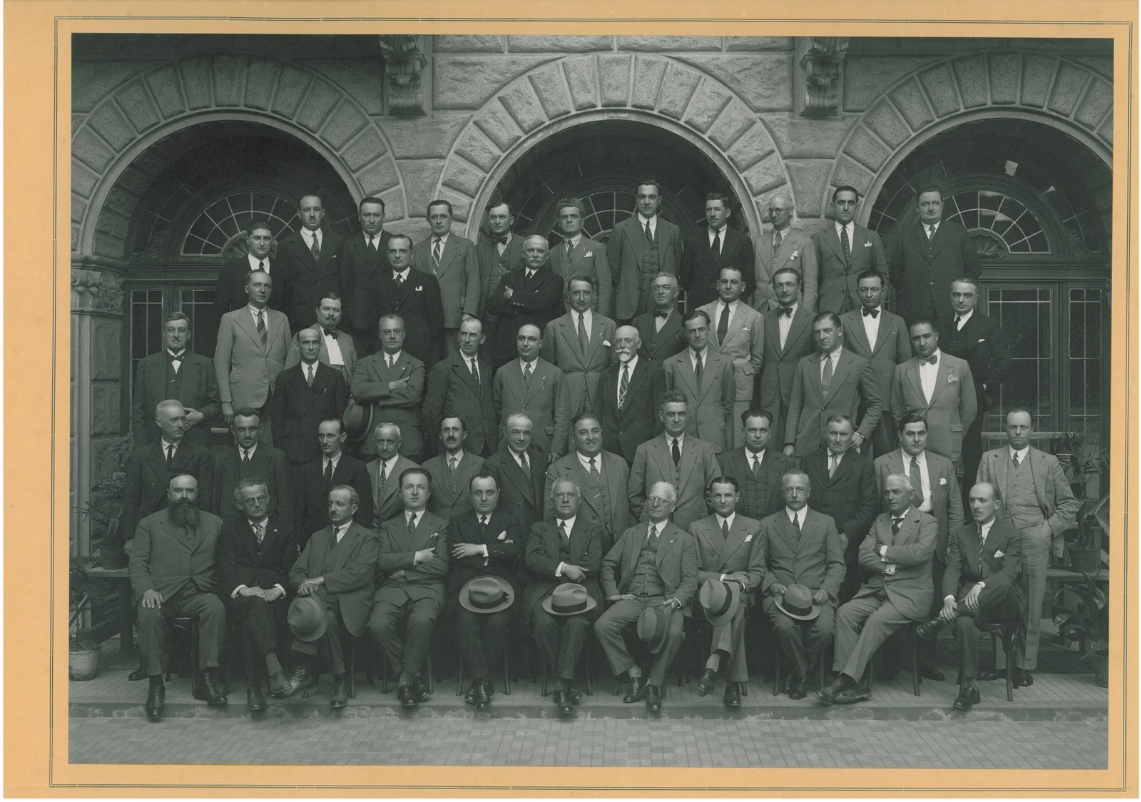
Gallery
